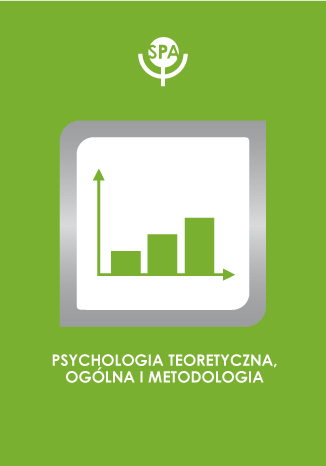Badanie efektywności psychoterapii metodą Consumer Reports: Analiza metodologii

Aleksandra Jaworska
DOI:
Rocznik: 2001 Tom: 7 Numer: 2
Strony: 227-240
An analysis of the methodology used in the study on psychotherapy effectiveness conducted by Consumer Reports (CR) proved that the method had serious flaws. The main flaws undermining the credibility of the research findings are: biased sampling, lack of control groups and a quite imprecise and partial measurement tool. Each of these flaws taken separately is sufficient to consider the results of the CR study to be valueless because of low both internal and external validity. The methodology used in the study did not allow control of the factors limiting the two types of validity, such as: history, maturation, selection, statistical regression and mortality – for internal validity and non-representativeness of the sample and interaction of selection with an active factor (therapy) – for external validity. Because of this we can state that the main conclusion from the CR study: "psychotherapy is effective" is not justified as it lacks scientific grounds.









 Pobierz pełny tekst
Pobierz pełny tekst



